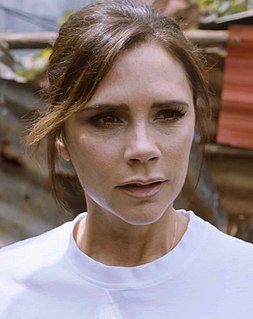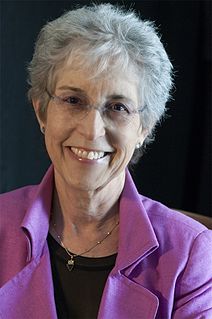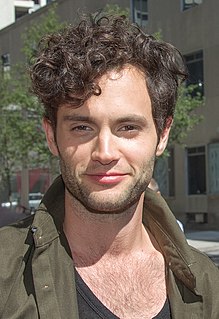A Quote by Karthik Subbaraj
'Iraivi' is about women, men, and their priorities. It talks about women's freedom, how men look at it, and how women use it. It's neither preachy, nor is it about women's empowerment.
Related Quotes
I get very frustrated when I hear women saying, "Oh, feminism is passé," because I think feminism means empowerment. Men can be feminists, too! Many men are feminists. We need feminism. It's not against men; it's about the empowerment of women. It's the respect of women - giving women equal rights, the same opportunities.
I think empowerment of women is exactly what's happening now, with women being portrayed as human beings, and not just black and white. Men can be the anti-hero all the time, and it's cool, but when women are, they're twisted or messed up or something is wrong with them. I think it's just about portraying women in the world as equals to men, and vice versa.
Many women, particularly young women, have claimed the right to use the most explicit sex terms, including extremely vulgar ones, in public as well as private. But it is men, far more than women, who have been liberated by this change. For now that women use these terms, men no longer need to watch their own language in the presence of women. But is this a gain for women?
It turns out that a lot of women just have a problem with women in power. You know, this whole sisterhood, this whole let's go march for women's rights and, you know, just constantly talking about what women look like or what they wear, or making fun of their choices or presuming that they're not as powerful as the men around. This presumptive negativity about women in power I think is very unfortunate, because let's just try to access that and have a conversation about it, rather than a confrontation about it.
We need more female directors, we also need men to step up and identify with female characters and stories about women. We don't want to create a ghetto where women have to do movies about women. To assume stories about women need to be told by a woman isn't necessarily true, just as stories about men don't need a male director.
I really don't see any men sitting in the corner office plotting to keep women out. All the men I know are actively trying to promote women, to get more women involved. These men have wives they care about; they have daughters they desperately care about. So I don't think it's fair to blame men - or I don't think it's accurate to blame men anymore.
Of course, if you photograph the behavior of women and men at a particular time in history, in a particular situation, you will capture differences. But the error lies in inferring that a snapshot is a lasting picture. What women and men do at a moment in time tells us nothing about what women and men are in some unvarying sense - or about what they can be.
On Girls I like being a mouthpiece for the issues I think young females face today. It’s always shocking when people question whether it’s a feminist show. How could a show about women exploring women not be? Feminism isn’t a dirty word. It’s not like we’re a deranged group who think women should take over the planet, raise our young on our own and eliminate men from the picture. Feminism is about women having all the rights that men have.






































